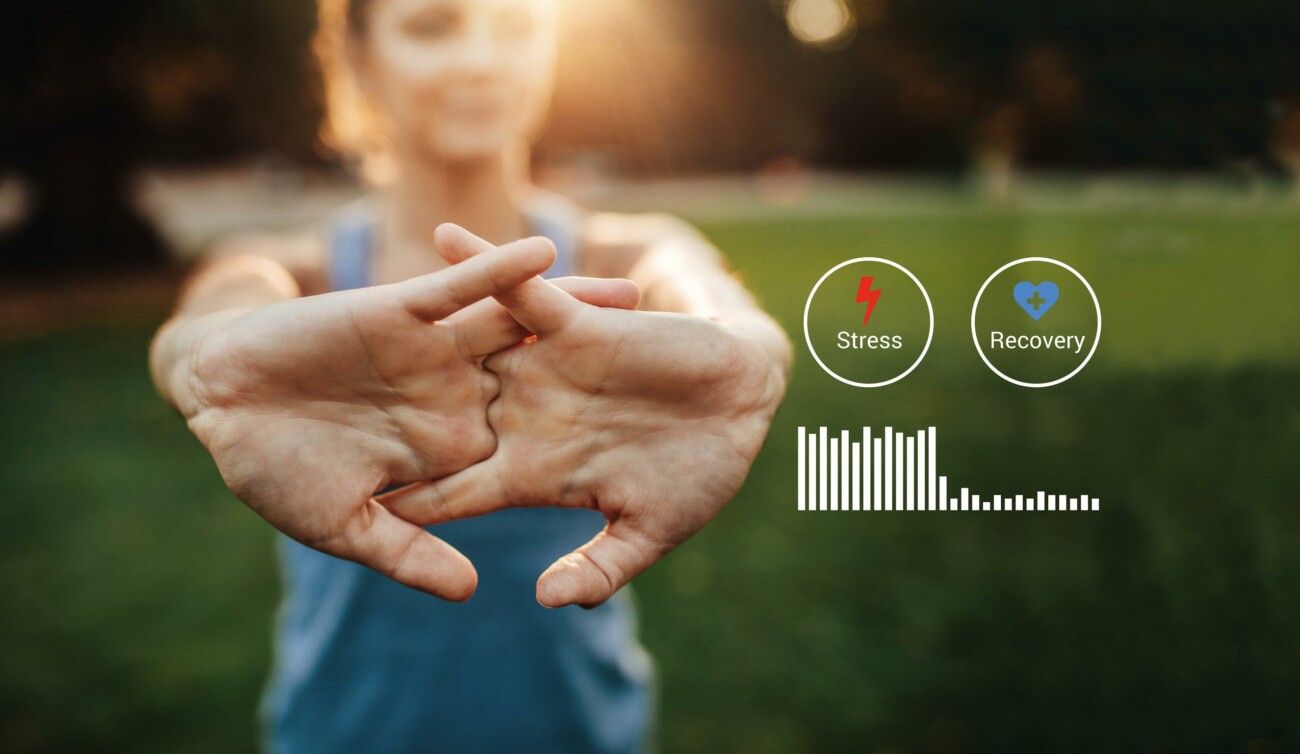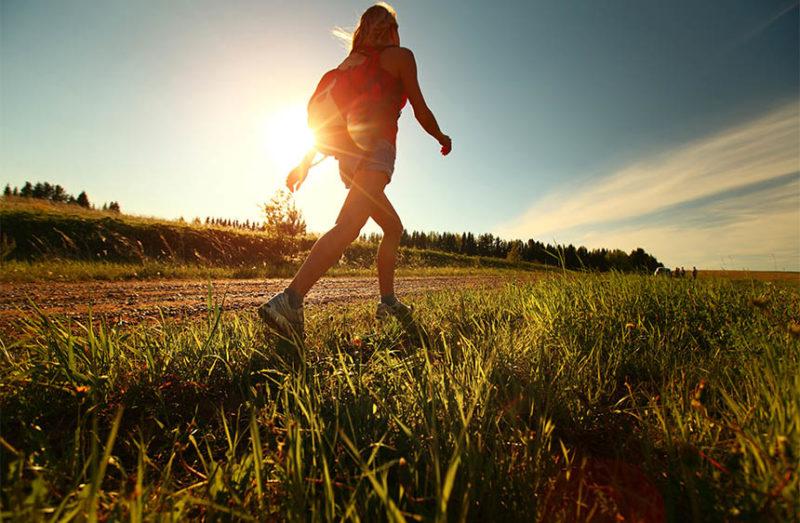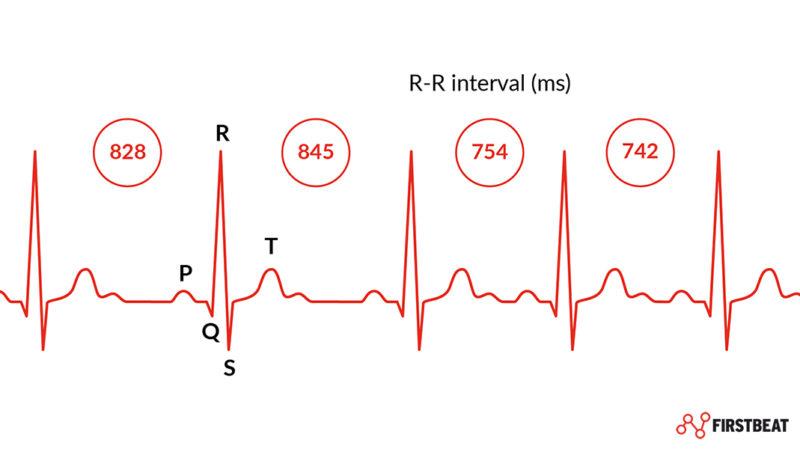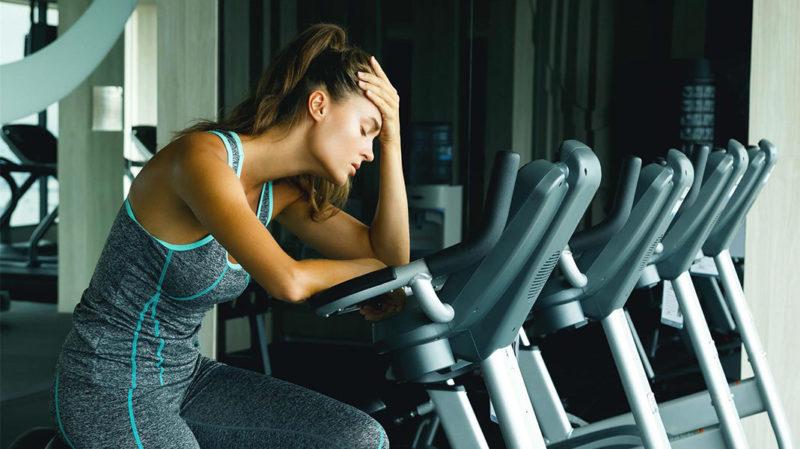
Stress is not just a vague feeling of being overwhelmed, anxious, or exhausted. It’s a physiological phenomenon that can be observed and measured.
In short, stress is a physical response when sympathetic activity dominates the autonomic nervous system and parasympathetic activation is low. Consequently, a complex mix of hormones and chemicals is released. This, in turn, causes several reactions like increased blood pressure, heart rate, and muscle tension. By analyzing beat-to-beat changes in your heart rate, Firstbeat makes it possible to monitor your Stress and Recovery Balance.
Good Stress, Bad Stress
It’s important to keep in mind that stress is not necessarily a bad thing. Positive stress helps you to focus on work and accomplish tasks. And high stress levels may also indicate exciting moments in your life. In contrast, negative stress causes anxiety and discomfort. It makes you feel powerless and decreases your performance.
Both types of stress are an unavoidable part of life. The goal is not to eliminate stress but to manage it and find the balance.
You don’t always need long mindfulness exercises or a yoga retreat to relieve stress. There is a myriad of simple techniques you can use to relax. With Firstbeat Life you can see when you experience stress, and to what level, and get feedback on whether you are recovering in adequate amounts to balance it out.
Relieve stress with these four simple tips:
1. Keep Fit
The way exercise reduces stress is slightly paradoxical. When you exercise, your sympathetic activity increases and parasympathetic decreases, which leads to the release of stress hormones and other physiological responses. Thus, exercise is actually a stressor for your body.

However, it has been shown that regular exercise and good fitness produce physiological adaptations that improve your body’s ability to adjust to stress. A study that used Firstbeat Bodyguard measurement data shows that physical activity is associated with lower objective stress on workdays.
If you train regularly, not only will your Fitness Level increase but so to your stress tolerance!
2. Avoid Alcohol
Enjoying a glass or two of wine or a few beers is a common response to stress. But just because you feel relaxed doesn’t mean you are off the hook, physiologically speaking. Alcohol is a huge stressor for your body. It induces the stress response by stimulating the sympathetic nervous system, which in turn releases stress hormones and increases blood pressure and heart rate.
Alcohol also reduces the effectiveness of your sleep – which can make feelings of stress and anxiety even worse. A scientific study, based on Firstbeat’s database, shows that even a single drink can be enough to reduce the restorative quality of sleep.
3. Just Breathe
Breathing is probably the easiest way to de-stress. The method is based on the vagus nerve, which oversees a vast range of crucial functions like heart rate, food digestion and breathing.
Although the autonomous nervous system is largely out of our control, you can impact the vagus nerve by breathing. Deep and slow abdominal respiration activates the vagal nerve and triggers the relaxation response. (Wang et al. 2010).
4. Hugging Helps*
Several studies have documented the positive physiological and biochemical effects of touching. Benefits include decreases in blood pressure, heart rate and stress hormone levels. So, if you feel exhausted after a busy workday, don’t hesitate to hug your friend or spouse.
It’s also a good to have a massage, which is one of the most effective forms of touch. It has been shown that the activation of vagus nerve increases immediately after massage session. (Field, 2011.)
*Please note, COVID-19 guidelines differ depending on your location. Please take into account your local guidelines when reading this article and advice.
Do you want to know how these changes can lower your stress levels and increase your recovery?
You might also be interested in

What Is Heart Rate Variability (HRV) & Why Does It Matter?
HRV from a practical perspective: what it is, what it can tell you about your body’s physiology, and what you should be aware of when interpreting it.

About Exercise, Alcohol and Recovery
If the goal is to improve fitness, training must be matched with good recovery. One of the factors known to have a negative effect on recovery is alcohol.

Applying Supercompensation in Life: How to Turn Stress into Resources?
Is it dangerous when your resources are decreasing? Resources decrease, if recovery is not sufficient in relation to stress.


